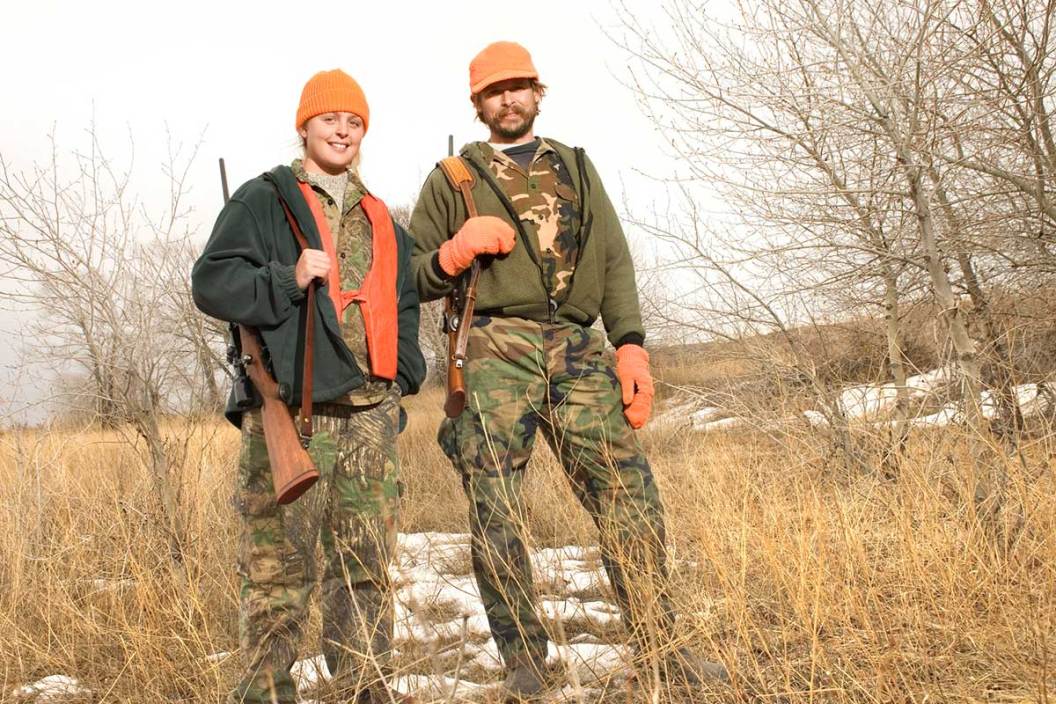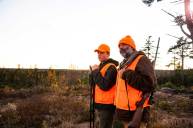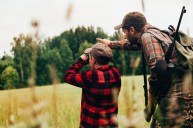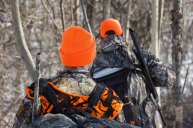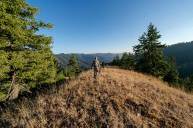Hunter recruitment starts with the rank and file. Here are things all of us can do to help.
It should go without saying that we need more hunters in the woods, fields, and swamps. A larger community of likeminded people, paying license fees and taxes on firearms and outdoor gear, will help preserve our hunting culture in multiple ways.
Unfortunately, we don't seem to be doing all that great of a job. Reports of declining numbers, especially prior to the Covid-19 pandemic, are worrisome. Lots of concern and conversation have happened, but effective action hasn't exactly taken place on a widespread scale.
If we could only put as much effort into hunter recruitment as we do worrying about it, we may just solve the problem. Getting kids and new hunters outdoors means more than just having them set up in a tree and shoot at deer. It means creating an interest and understanding about why we care for the wildlife so much, and how hunting can positively affect them.
The same goes for waterfowl, upland birds, elk, turkeys, dove, small game, and predators. Creating interest can help boost hunter numbers; that's plain and simple.
But what else can be done, and in what ways? We'll investigate a few things you, and everyone else in the hunting community, can do.
The R3 Initiative
R3 stands for recruit, retain, and reactivate. This is the focus of the Council to Advance Hunting and the Shooting Sports (CAHSS) and has the backing of a ton of significant organizations such as Recreational Boating and Fishing Foundation and the Wildlife Management Institute.
This all hinges on the concept of finding new ways to get potential sportsmen outside, creating ways to have current sportsmen enjoy the hunt, and finding sportsmen who maybe haven't hunted or fished in a while and bringing them back into the outdoors.
Retention of the hunters we do have is an important order of business, too. Maintaining engagement over the years, and making it easier for folks to gain access and achieve their hunting goals can significantly help the situation.
The CAHSS has plenty of resources, support, and even a symposium event to help folks wrap their heads around the R3 program and implement the right steps to make it happen.
Social Acceptance
In my mind, hunting doesn't get a bad name from the actual process of scouting, pursuing, and harvesting animals. It gets a negative connotation from the ignorance of those who think they know more than the hunters who ply their passion. Respectful education of those non-hunters who have never and may not ever hunt can go a long way towards the understanding of how important the recreational activity is. Everything from wildlife conservation to overall animal health and well being is positively affected by hunting, you just have to dig a little deeper than most non-hunters do.
When the hunt gets to a more sustainable level of social acceptance, more folks will eventually want to try it based on their own understanding of its positive effects. If not, they'll at least be fine with people who do. Ultimately, it's a matter of listening less to the mindless rhetoric of those who think they know what they are talking about.
Food Focus
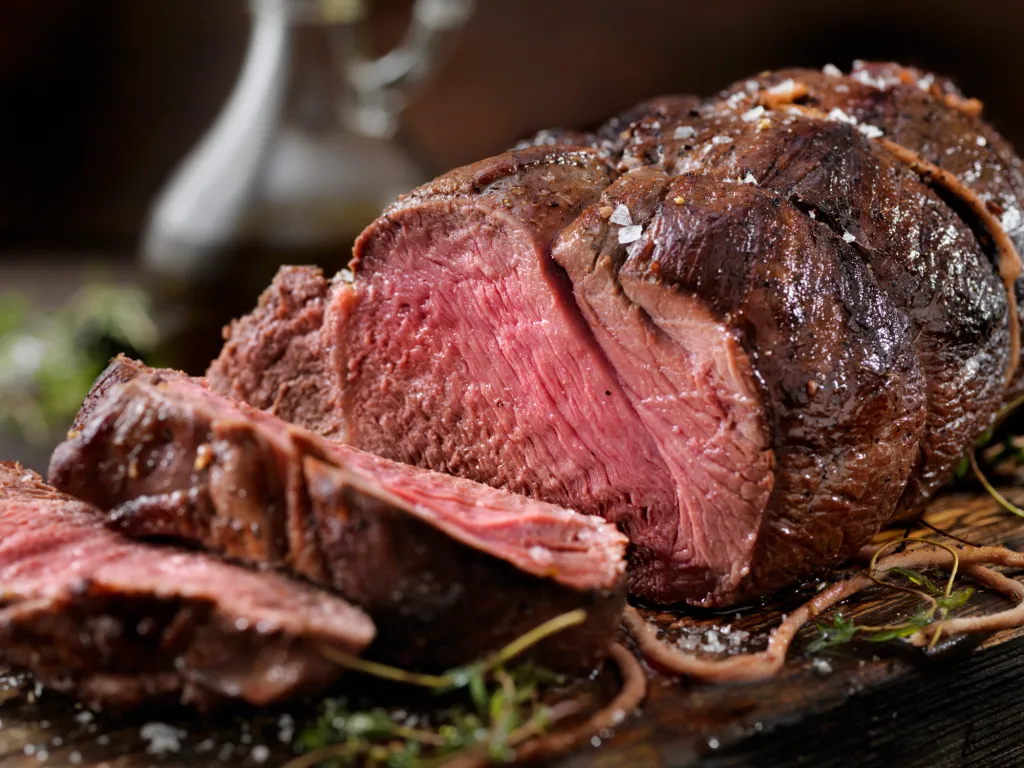
LauriPatterson/Getty
Sustainably sourcing our own meat from the hard work of the hunt is one of the best ways to understand how responsible hunting really is. Wild game is a great ice breaker for those who have always wondered about it, and for some folks it's a treat like no other.
In other words, having a meal from something they hunted themselves is a great model for those who may have wanted to hunt, but never tried. Not only that, but for those new to deer hunting, you can take an entire deer to a venison donation program to give it to the needy, should you decide you'd rather not have it.
Mentoring New Hunters

adogslifephoto/Getty
Hunting and shooting both involve some great social aspects. Even though we don't push a competitive concept to the hunt, at least one that mirrors most sporting events, the fact remains that there is no greater social community than those who connect with each other through hunting. That means adding to the ranks can (and should) be something enjoyable for all.
For newcomers to the hunt, hunter education programs will try to focus on providing technical skills, but the connection with people who are seasoned hunters will show them the unmitigated camaraderie within. Passing on a passion for hunting to younger generations is essential to hunter recruitment, and beginners of all ages can benefit from the lessons hunting can teach.
Focus on Hunter Contributions to Conservation
The truth is that hunters, fishermen, and other like-minded outdoor enthusiasts contribute a far greater amount of their hard-earned money to wildlife conservation than any other group. The men and women who love to hunt grouse, deer, ducks, or whatever are helping to pay for research and habitat enhancement through the excise taxes on outdoor equipment.
There is really no see-all, do-all step for hunter recruitment, but it should be a full time labor of love to keep, recruit, retain, and reactivate the population of hunters in our communities.
Please check out my book "The Hunter's Way" from HarperCollins. Be sure to follow my webpage, or on Facebook and YouTube. Go to Rack Hub and use the coupon code Craiger for a new way to display those antler sheds!
NEXT: TOP 10 MOST IMPORTANT SAFETY LESSONS FOR NEW HUNTERS
